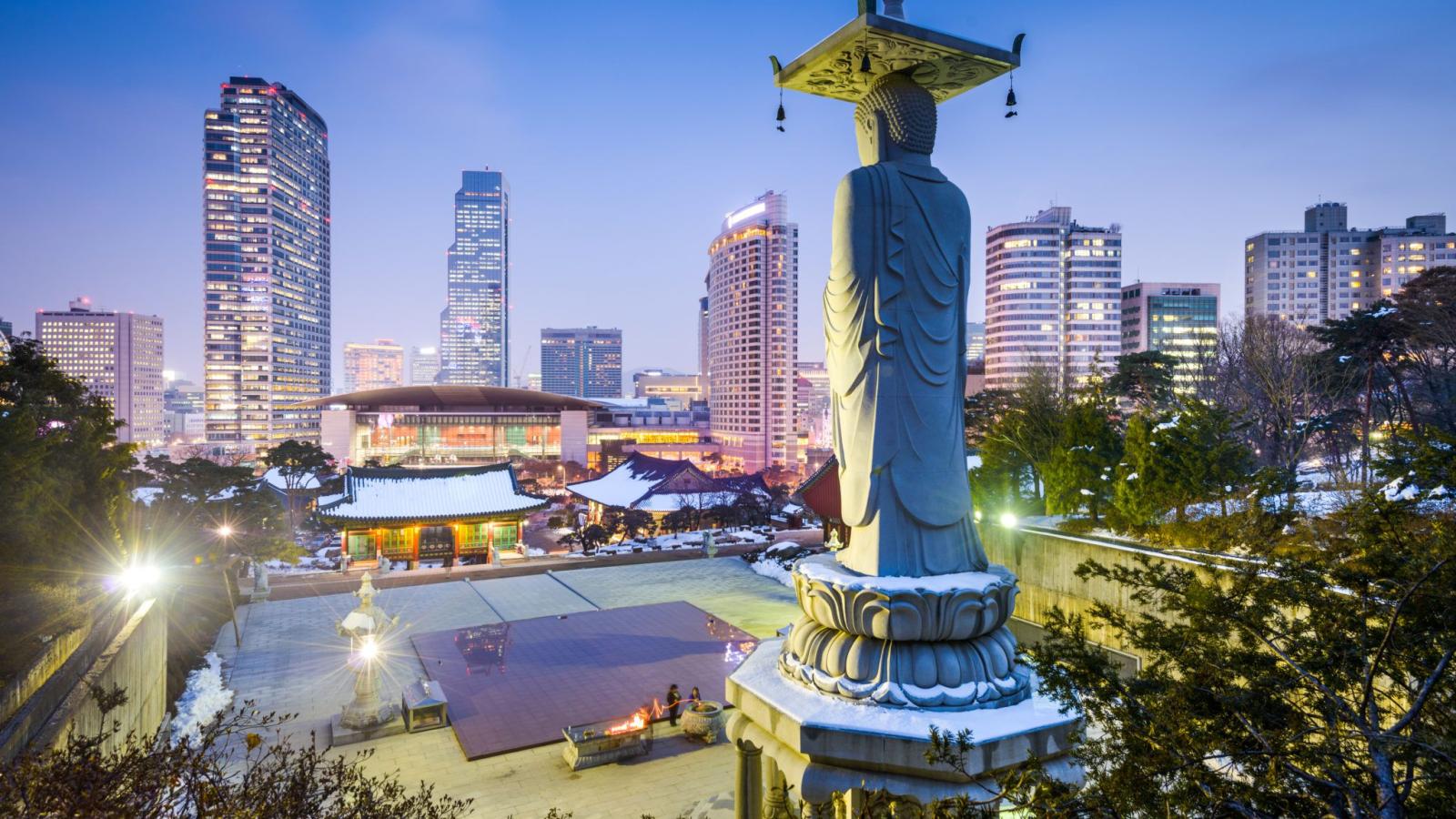
The ECGI blog is kindly supported by

Democracy as a Stakeholder
Today, there is a growing demand for companies to be responsible to the planet and society. This is justified given the harm they are inflicting and the potential contribution they can make. It is also pleasing to see many companies responding to such demand proactively. However, we know that this is not the only channel available to make capitalism responsible. Historically, stakeholder-oriented policy reforms were given precedence over shareholder-oriented capitalism to achieve this goal. Such measures include labor laws, workplace safety laws, consumer protection laws, and environmental laws (just to name a few).
However, for this policy reform channel to work properly, we need a system that can translate public will into legislative action. We call this democracy. Yet, the legislative process is often gridlocked, delaying the enactment of important stakeholder-oriented reform measures. To make matters worse, the pre-existing laws are not strictly enforced. Who is responsible for this? Powerful capitalists are most certainly amongst the lot. Refusing to remain passive rule-takers, they often choose to become rule-setters or even rule-busters. They use their might to distort the legislative process and weaken law enforcement by lobbying politicians, policymakers, prosecutors, and judges. This blocks the introduction of new reform measures and weakens the existing ones. Democracy is thus put at stake.
Let me present the case of Korea, where people in decision-making positions often succumb to pressures from capitalists running big businesses, also known as chaebols.
There is no need to go back into history to illustrate this point. Many countries are experiencing it today. Let me present the case of Korea, where people in decision-making positions often succumb to pressures from capitalists running big businesses (family-controlled business groups, also known as chaebols and, more recently, large platform companies).
The first to be mentioned are the Korean presidents and the ruling party leaders. During elections, they promise to reform big businesses. Once in power, however, they embrace the capitalists that run these big businesses as their partners. Big businesses pledge to increase investment and employment that help with the presidents’ approval rating. Presidents and ruling party leaders, in return, jettison the promised reform measures or worse, grant explicit favors, such as special pardons to convicted capitalists. A clear example of the rule of law breaking apart!
Second in the line are the Korean bureaucrats. It is a well-established norm for them to be hired by large law or accounting firms upon their retirement. Their new role then is to lobby former colleagues for the benefit of their clients – big businesses. In return, they get rewarded handsomely. Sometimes, they are even offered to become outside directors of major public corporations, only to act as lobbyists. What is more concerning is the way this changes the behavior of the bureaucrats currently in office. Foreseeing such lucrative future job opportunities, they seldom take actions against big businesses.
In the past, by unveiling truth, they played an important role in fighting against dictatorships and winning political democracy. Today, they are called upon to do the same against big businesses, but they fail.
Third, we come to Korean prosecutors and judges. Like Korean bureaucrats, they also receive lucrative job offers upon retirement. Capitalists hire them as criminal defense lawyers and pay them exorbitant fees as compensation. The expectation is that their tight connections with their former colleagues who are still in office will help with reducing sentences. Historically, this has proven to be true. Typically, the maximum sentence capitalists running big businesses received was a three-year imprisonment, suspended for five-years. In Korea, they are too big to be jailed.
The fourth to be held accountable are the Korean journalists. In the past, by unveiling truth, they played an important role in fighting against dictatorships and winning political democracy. Today, they are called upon to do the same against big businesses, but they fail. Media companies, whose major advertisement revenue comes from big businesses, seldom let their journalists expose corporate wrongdoings. Sometimes, the journalists go even as far as taking a proactive stance and advocating pro-capitalist policies or propagating fake news to thwart reform.
In Korea, the outside director system is manipulated to reinforce plutocracy.
The fifth to be mentioned are the Korean academics. They are also silenced by the power of capital. Corporate donations and revenues from corporate executive programs are important financial sources for many Korean universities. Furthermore, testifying in court in favor of big businesses is an important source of income for professors. They are also offered outside director positions in corporations, which further increases their financial reliance on and thus, their loyalties to, big businesses. It is worth noting that a whopping 35 percent of the outside directors of Korean firms are such academics. Together with former bureaucrats, prosecutors, and judges, this percentage rises to 70 percent. In Korea, the outside director system is manipulated to reinforce plutocracy.
With the stakeholder-oriented policy reform no longer being viable, we are left with stakeholder-oriented management alone. Would even this channel work under plutocracy? Probably not.
The consequence of such plutocracy is costly. We lose one of the two main channels that can make capitalism responsible. With the stakeholder-oriented policy reform no longer being viable, we are left with stakeholder-oriented management alone. Would even this channel work under plutocracy? Probably not. It is inconceivable that a capitalist, who is lobbying hard to block stakeholder-oriented policy reforms, would voluntarily manage companies in a responsible way.
Without true democracy, we will have no planet, nor social justice.
========================================================================
Woochan Kim is an ECGI Research Member and Professor of Finance at the Korea University Business School. Outside of school. He is the Director of Solidarity for Economic Reform and the Economic Reform Research Institute.
This article reflects solely the views and opinions of the author(s). The ECGI does not, consistent with its constitutional purpose, have a view or opinion. If you wish to respond to this article, you can submit a blog article or 'letter to the editor' by clicking here.



